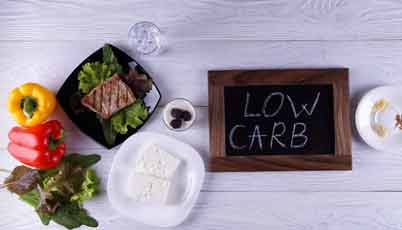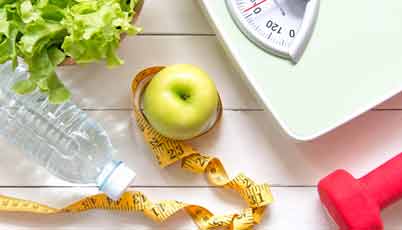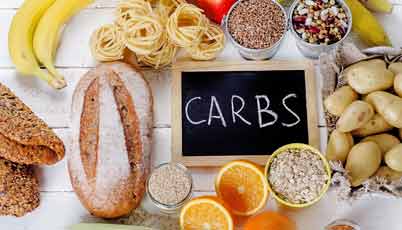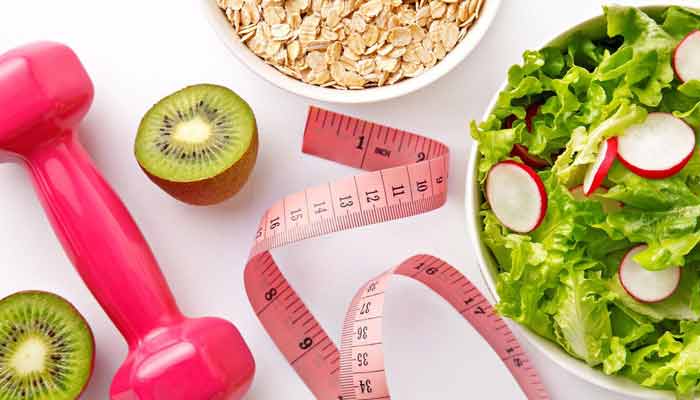If you’ve been asking yourself: “How can I lose weight fast?” you’re not alone. A Big Mac from McDonald’s contains about 550 calories and more than half of those are added to your body by the process of digestion. To lose weight fast, you must restrict your food intake, exercise, and change your lifestyle. Below are four common methods. Each method has its pros and cons. If you’re not sure which one works best for you, here are some things you should consider:
Low-carb diets

When it comes to losing weight, some people report seeing dramatic results with a low-carb diet. But while the initial weight loss might feel unsustainable, dieters report losing up to two pounds a week. That is, as long as they follow the diet for the full recommended period. The best way to measure weight loss is to weigh yourself once a week. You may notice weight loss during the first week but it is mostly water weight. This is because glucose, which is converted into energy, is stored in the liver as glycogen. During a low-carb diet, this glycogen is released, breaking down, and converting to energy, visit at BetterByFood blog.
Exercise
There are many health benefits to exercise, including the prevention of chronic diseases and a lower risk of mortality. But while exercise is great for weight loss, there are also many misconceptions about the benefits of this habit. The most important thing to remember is that it’s best to combine aerobic exercise with strength training, because both help your metabolism burn more calories. So, if you’re planning to lose weight fast, make sure you’re doing both!
Low-calorie diets
If you are wondering “How to lose weight quickly on a low-calorie diet?” you’ve come to the right place. These diets work by lowering calorie intake by consuming only healthy whole foods. These foods have a low calorie content naturally and you can eat as many of them as you like throughout the day. This helps you to stay fuller longer without sacrificing nutrients.
Crash diets

Many people turn to crash diets to lose weight quickly, but these plans are not healthy for your health or metabolism. Instead, focus on gradual improvements, which will prevent yo-yo dieting. There are many risks involved with crash diets, so it’s important to know what you’re getting yourself into before you begin any program. These tips will help you stay healthy and happy while losing weight.
Cutting calories too fast
While rapid weight loss is possible, it can also have negative consequences. To lose weight, you need to be eating more than you burn. This is because your body needs more energy from food than it burns, so if you cut your calories too quickly, you may lose muscle instead of fat. Moreover, rapid weight loss can result in health complications, including impaired immune system, long-term weight gain, and muscle loss.
Low-fat diets
Low-fat diets are a popular choice for many people who want to lose weight fast. Unlike other weight-loss diet plans, low-fat diets don’t involve strict calorie restriction. They do, however, require careful food planning. Unlike low-calorie diet plans, a low-fat diet doesn’t require you to buy special foods or subscribe to any subscription services. Almost every grocery store carries low-fat foods.
Avoiding high-carb diets

When you want to lose weight fast, you probably want to avoid high-carbohydrate, sugar-rich foods. However, you do need some carbohydrates to fuel your body during stressful times. That’s why carbs are necessary for many people. However, some people should limit their intake of carbs because they are sensitive to them. Other people may benefit from a low-carb diet because they are insulin-resistant or have diabetes. If you’re not sure whether you should cut out carbohydrates, talk to your doctor or dietitian. Also, if you have any health problems, such as diabetes or kidney disease, you should limit the amount of protein you eat. Monounsaturated fats are better for your health than saturated fats.
Summary
When it comes to quick weight loss, avoiding high-fat diets is a smart move. A high-fat diet increases the risk of heart disease, which is why it’s so important to limit consumption of these foods. Fats are also a concentrated source of energy, which is why even small amounts can pack on a lot of calories. This is why most nutrition authorities recommend a low-fat diet that contains fewer than 30% of the daily caloric intake.
